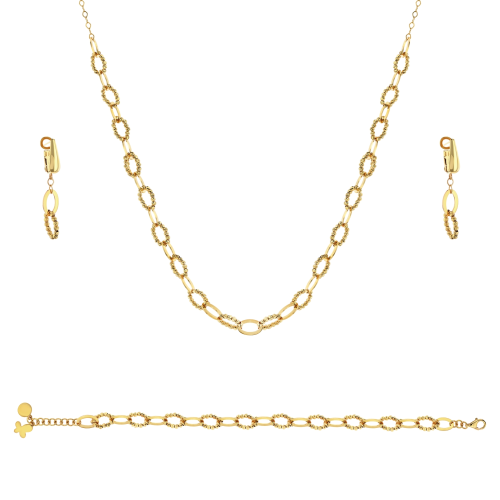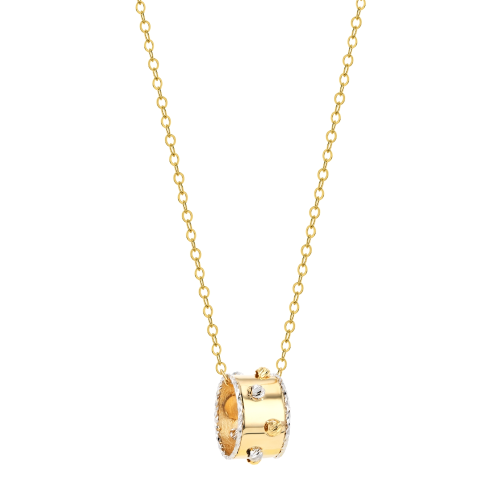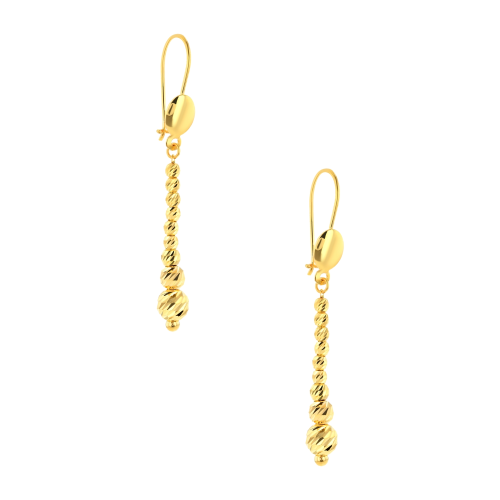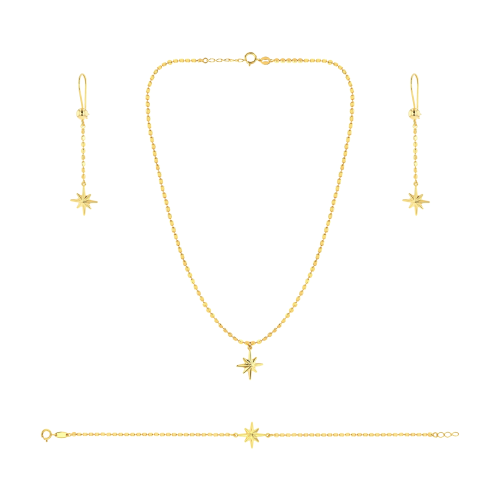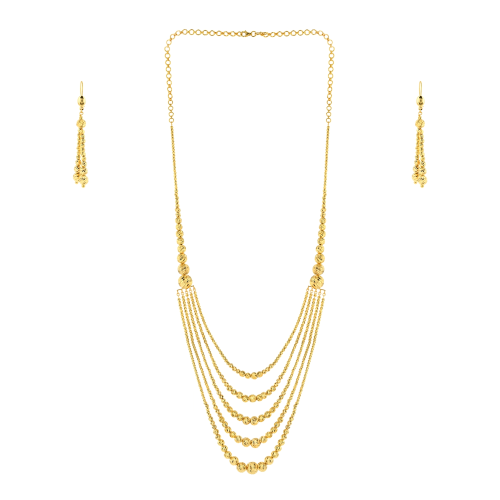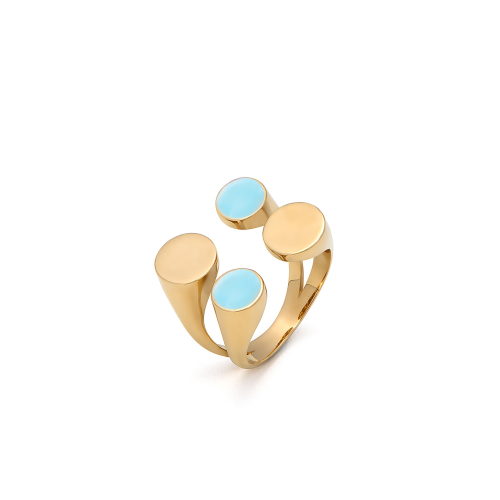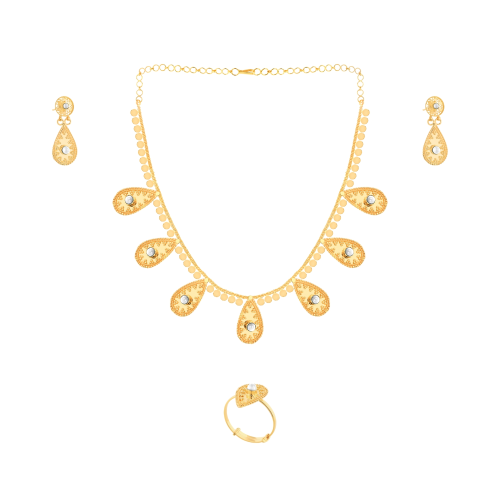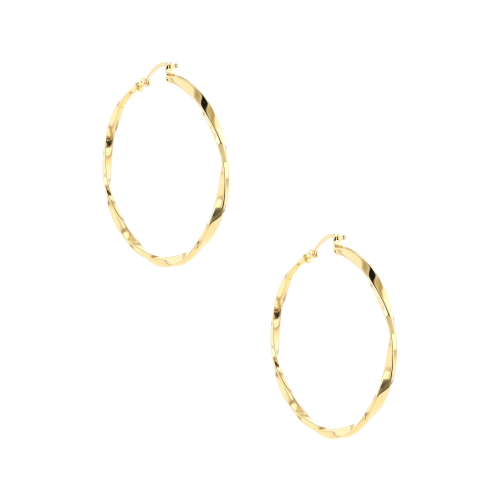What International Buyers Don't Know About Emirati Gold — And Why It Matters
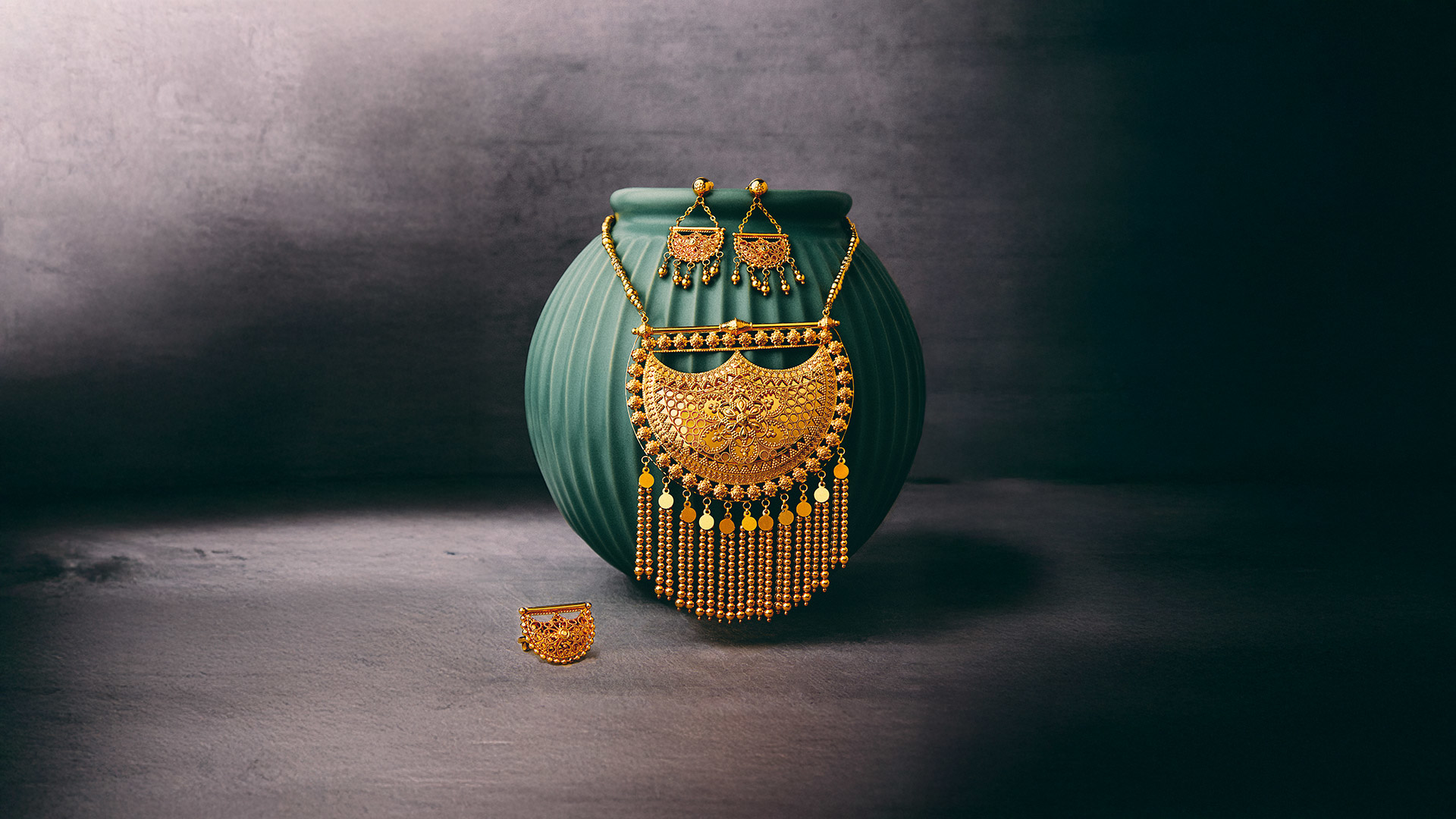
When people think of gold shopping, Dubai and the UAE immediately come to mind. The glittering displays in Dubai's Gold Souk and luxury malls attract millions of visitors each year. But there's much more to Emirati gold than meets the eye, and international buyers often miss important details that could save them money and ensure they get genuine quality.
Dubai's Gold Market is Huge But Misunderstood
Dubai has become one of the world's largest gold trading hubs, handling over 40% of global gold trade. The city imports gold from around the world and re-exports it to other countries, making it a major player in the international gold market. However, many tourists and international buyers don't understand how this system actually works.
Most gold sold in Dubai isn't actually made there. Instead, Dubai serves as a trading center where gold from different countries gets refined, certified, and sold. This means you might buy "Dubai gold" that was originally mined in South Africa, refined in Switzerland, and then traded through Dubai's markets.
The Purity Standards Are Different
One of the biggest surprises for international buyers is how gold purity is measured and sold in the UAE. While many Western countries commonly sell 14-karat or 18-karat gold, Dubai's market focuses heavily on higher purity levels.
In Dubai's traditional markets, 22-karat gold (91.6% pure) is the standard, while 24-karat gold (99.9% pure) is also widely available. This higher purity makes the gold more valuable but also softer and more prone to scratches and damage. Many international buyers don't realize this difference and end up with jewelry that requires more careful handling than they're used to.
The pricing system is also unique. Gold prices in Dubai are typically quoted per gram and change throughout the day based on international gold rates. Shop owners often display live gold rates on digital screens, and prices are calculated by adding a small markup to the current market rate.
Weight Measurements Can Confuse Buyers
Another area where international buyers often get confused is the measurement system. Dubai uses both international standards and traditional Middle Eastern measurements. While most shops will quote prices in grams, some traditional dealers still use "tola" (11.66 grams) or "bhari" (11.5 grams) as measurement units.
This can lead to confusion when comparing prices between different shops. Always make sure you understand exactly what measurement unit is being used and convert everything to the same standard before making comparisons.
Making Charges Are Often Hidden
One of the most important things international buyers don't know about is "making charges" or craftsmanship fees. Unlike buying gold coins or bars, jewelry comes with additional costs for design, craftsmanship, and labor.
These making charges can vary dramatically between simple and complex designs. A basic gold chain might have making charges of 10-15% of the gold value, while intricate handmade jewelry can have making charges of 30-50% or even higher.
Many buyers focus only on the gold rate and don't factor in these additional costs. This can lead to unpleasant surprises at checkout. Always ask about making charges upfront and get a clear breakdown of costs before making any purchase.
Not All Gold Souks Are the Same
Dubai has several gold markets, and they cater to different types of buyers. The famous Gold Souk in Deira is more traditional and tourist-focused, while the Gold and Diamond Park offers a more modern shopping experience with certified retailers.
Many international buyers assume all these markets offer the same quality and prices, but that's not true. Traditional souks often have more room for negotiation but may lack proper certification. Modern gold retailers usually have fixed prices but offer better guarantees and return policies.
Some shops in tourist areas also employ aggressive sales tactics or may not provide proper documentation for purchases. It's important to shop at reputable dealers who provide proper receipts and certificates.
Certification and Documentation Matter
This brings us to one of the most critical issues international buyers overlook: proper certification and documentation. When buying gold in the UAE, you should always receive:
- A detailed receipt showing gold weight, purity, and making charges
- A certificate of authenticity from a recognized assayer
- Clear information about return and exchange policies
Many tourists skip these formalities, especially when buying from traditional souks. However, without proper documentation, you have no guarantee of the gold's purity and no recourse if there are problems later.
Customs and Import Rules Vary by Country
International buyers often forget to research their home country's customs rules for gold imports. Many countries have limits on how much gold you can bring without declaring it or paying duties.
For example, most countries allow travelers to bring small amounts of gold jewelry for personal use without declaration, but larger quantities or investment gold may require customs declaration and payment of duties.
Some buyers also don't realize that different countries have different requirements for gold purity certification. Gold that's perfectly legal to sell in Dubai might not meet the certification standards in your home country.
The Best Times to Buy
Gold prices fluctuate throughout the day and across seasons. Many international buyers don't realize that Dubai gold prices closely follow international markets and can change significantly during their visit.
Generally, gold prices tend to be lower during summer months when demand from Indian buyers (one of the largest consumer groups) decreases due to cultural reasons. However, during festival seasons like Diwali or wedding seasons, prices often rise due to increased demand.
Why This Knowledge Matters
Understanding these aspects of Dubai's gold market can help international buyers make better decisions and avoid common pitfalls. Here's why it matters:
Better Value: Knowing about making charges, purity levels, and measurement systems helps you compare prices accurately and get better value for your money.
Quality Assurance: Understanding certification requirements ensures you buy genuine gold that meets your expectations.
Legal Compliance: Knowing customs rules helps you avoid problems when returning to your home country.
Realistic Expectations: Understanding that Dubai gold comes from various sources and may require different care helps set proper expectations.
Final Tips for International Buyers
Before buying gold in the UAE, research current international gold prices, understand your home country's import rules, and only shop at reputable dealers who provide proper documentation. Don't be afraid to negotiate in traditional markets, but always verify the final price includes all charges.
Remember that buying gold in Dubai can offer good value, but only if you understand the market and make informed decisions. The key is to educate yourself before you shop, not after you've already made your purchase.

Our Promise
Fast shipping
Receive your jewelry in maximum 3 days.
Return guaranteed
Requesting a return is quick and easy.
Ethical Sourcing
Ethically Sourced Materials
Payments
Buy in the most convenient way for you.
